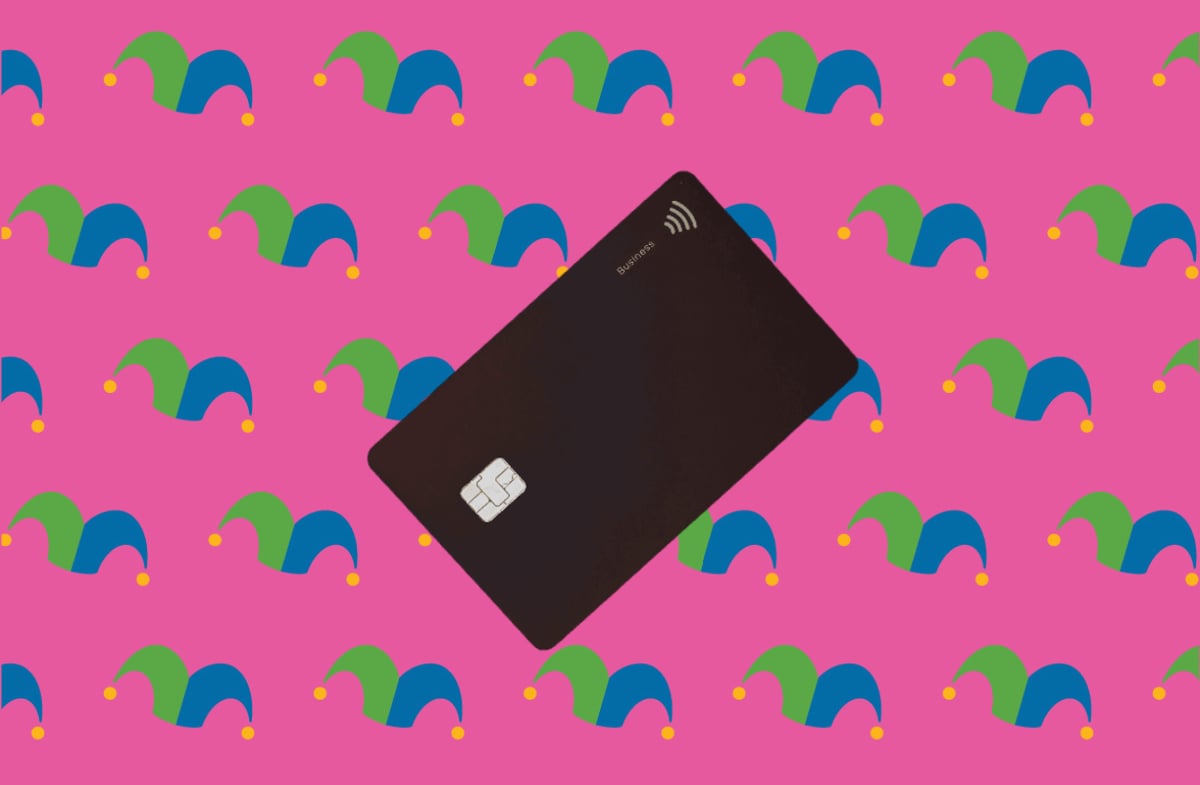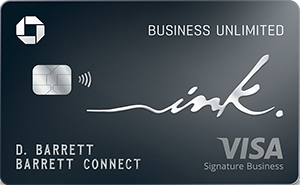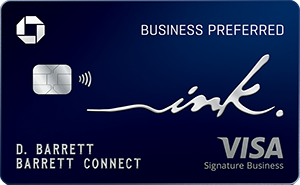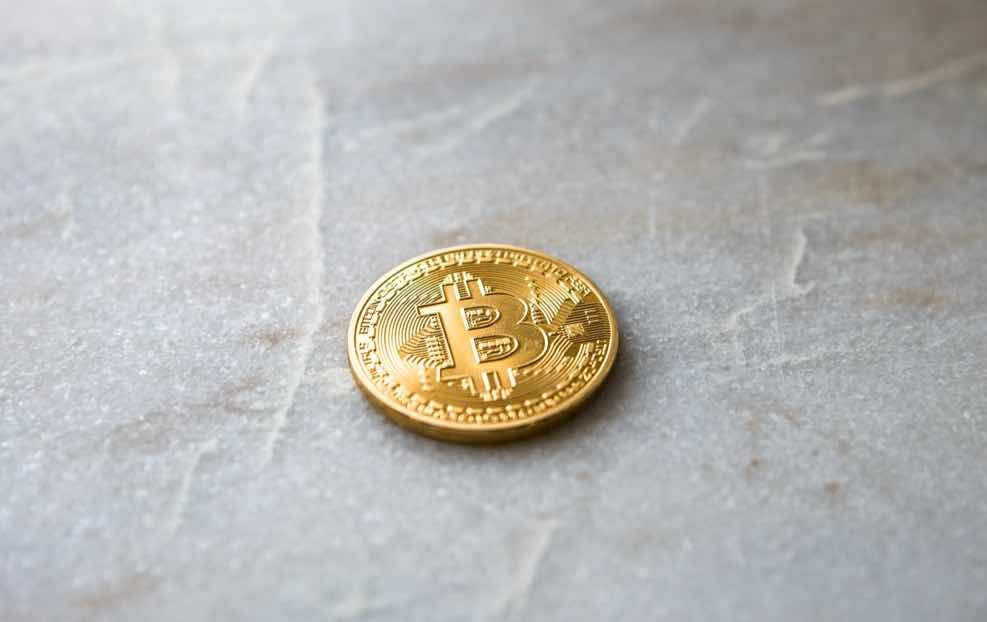Find out what happens if you exceed your business credit card limit.

Opening a small business credit card can be a smart choice for almost any business owner. These cards allow you to cover business expenses and repay them over time, keep your business expenses separate from your personal expenses, and even earn you cashback or rewards on your spending.
But what happens if you spend up to your credit limit (also known as maxing out your card)? There is nothing good about it. Let’s take a closer look.
It can damage your business credit score, as well as your personal credit score.
You may have never delved into the intricacies of your credit score before, but you should know that the amount of credit you use compared to how much you have (also known as your credit utilization ratio) is a very important piece of the puzzle. It accounts for 30% of your FICO® score (the most commonly used consumer credit score). The recommendation is to keep your credit utilization ratio below 30%. So, if you have a credit card with a $10,000 limit, you shouldn’t use more than $3,000 at any time. Therefore, it is not recommended to use 100% of that limit.
Compare business credit cards
Consider a business credit card, which offers a convenient and efficient way to separate personal and business expenses and simplify accounting and tax reporting.
Business cards can also offer valuable perks like reward points, cash back, and expense tracking tools, which can help you better manage your finances and save money in the long run.

Ink Business Unlimited® Credit Card |
|
Get $750 Bonus Cashback Receive $750 bonus cash back when you spend $6,000 in purchases in the first 3 months from account opening. |
Get unlimited 1.5% cashback on every purchase Earn unlimited 1.5% cashback on every purchase you make for your business. |
0% introductory APR on purchases Purchase: 0% introductory APR on purchase, 12 months Balance transfer: N/A
Regular: |

Ink Business Preferred® Credit Card |
|
Earn 100,000 bonus points Earn 100,000 bonus points after you spend $8,000 in purchases in the first 3 months from account opening. |
Earn 3 points per $1 in select business categories Every account anniversary, earn 3 points per $1 on the first $150,000 you spend on travel, shipping purchases, Internet, cable and phone services, and advertising purchases across social media sites and search engines. Earn 1 point per dollar on all other purchases, with no limit to the amount you can earn. |
Not applicable Purchase: N/A Balance transfer: N/A
Regular: |
Exceeding your card limit may affect your business credit score (yes, you have your own credit score), your personal credit score, or both, depending on your card issuer’s policies. Sometimes business credit card issuers report card usage to consumer credit bureaus. Therefore, a maxed out card is likely to have a negative impact on your personal finances as well.
You may be confused by the fees
Some business credit cards work a little differently than consumer credit cards. Instead, it is designated as a “pay in full” card. This means you can’t carry over the balance just by making the minimum payment each month.
Instead, you must pay off the entire balance each month. Otherwise, a fee of around 2.99% is often added to the balance. If you’ve maxed out a card with a $10,000 credit limit, that’s almost $300 on top of your balance. As you pay extra each month, you may find that your debt is spiraling out of control.
You will have to pay a large amount of payment
If you max out a card, the amount you’ll have to pay can be quite high. According to Experian, the minimum payment is calculated as a percentage of the balance or a percentage along with interest and fee costs. Let’s say a card with a $10,000 limit charges a minimum payment of 4% of the balance. That means the minimum payment is $400. That’s a lot of money to cough up every month. If your card charges interest and fees along with a percentage, that percentage may be lower (approximately 1%).
But if your card has an interest rate of 22.63% (the average interest rate for accounts charging interest as of February 2024, according to the Federal Reserve Bank of St. Louis), you’re still looking at high payments and a long repayment period. Let’s say you pay $500 per month on a $10,000 balance. It will take 25 months to pay it off, and you will pay $2,672 in interest over that period.
Related: credit card interest calculator
You may have trouble covering your expenses.
Lastly, if you’ve charged your business credit card to its limit, you may be stuck with no way to pay for the items you need because you can no longer charge your card. While it’s a good idea to stock up on cash before starting a business (and your business should have an emergency fund), everyone’s situation is different. If you have to start a business with little or no cash saved, credit cards are likely to be an important part of your financial situation, and it can really hurt you if you can no longer use them to pay your bills.
Simply put, it’s not a good idea to max out your business credit card because no consequences will be good. If your business is struggling with cash flow, look to see if there are any areas of spending you can reduce or encourage customers to pay unpaid bills. Managing a small business isn’t easy, and if you’re having trouble managing the financial aspects, you’re definitely not alone.
NOTE: Our top-tier cashback cards now offer a 0% introductory APR through 2025.
This credit card isn’t just good. This is a very good card that professionals use personally. Features a long 0% intro APR period, cash back rates of up to 5%, and no annual fee! Click here to read the full review for free and apply in just 2 minutes.



